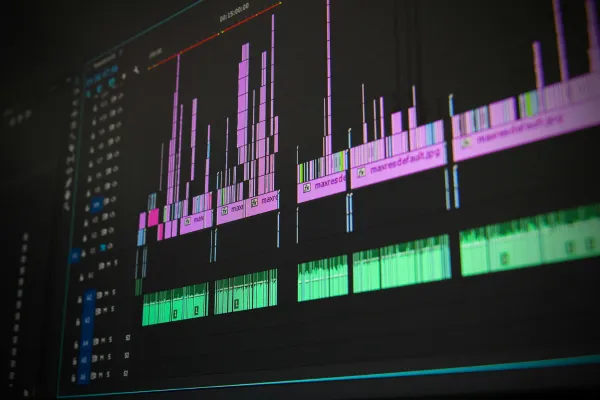EPIPHANIES FOR EVERYBODY

Digital Transformation: Where Does Change Start?
Digital Transformation: Where Does Change Start?
“It is not necessary to change; survival is not mandatory.” -Edward Deming
Helping organisations change is hard. Not because people resist change, which I am told frequently. The most difficult part of an organisation to change is the part that hired me.
People doing the work know things are not working well. They develop all sorts of coping mechanisms to adapt to the dysfunction, but it’s still there. When I get involved, there’s often huge pent up demand for change. The only struggle is channeling the drive to improve things, so the right things get focus, instead of trying to change all things at once.
People who hire me also know things aren’t working well. They see the failure of the systems to deliver the outcomes they want. Unfortunately, most of the time, they don’t recognise their own role in it. Tons of work then has to be done to help them recognise their role in the status quo.
If this succeeds, it’s incredibly rewarding — once people recognise their role in the status quo, they also realise they have the power to change things. That’s when things really get good.
If it doesn’t succeed, it ultimately doesn’t matter how much progress is made with people doing the work — eventually it will be unwound by those who don’t feel responsible for the way the system currently works. When that happens, I remind myself of this quote. Eventually something will either force change, either through the leaders, or through competition replacing them.
Subscribe to my Newsletter
Copyright © 2026 Noah Cantor Ltd. All Rights Reserved.
